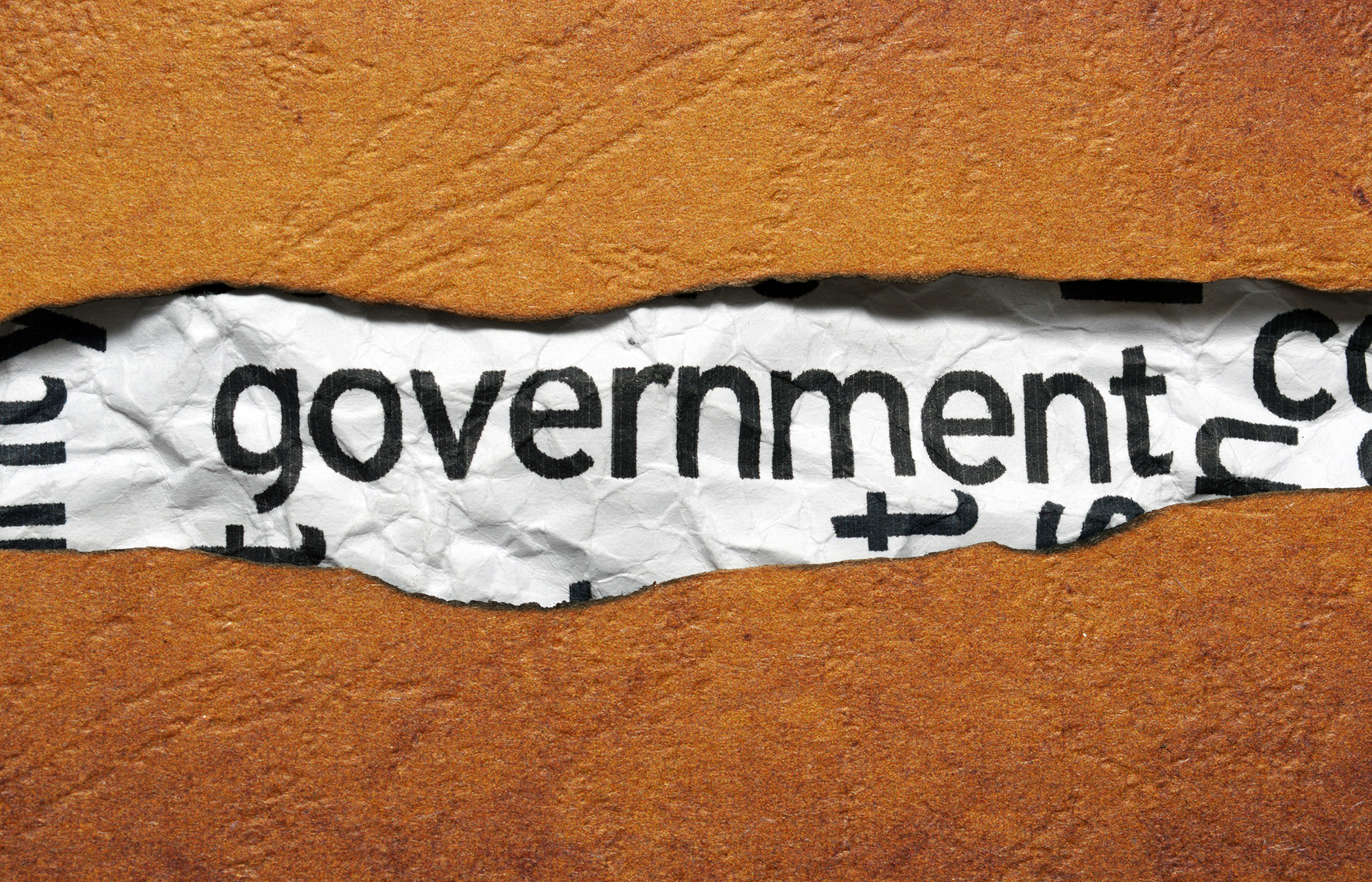PHOENIX—More Americans than ever before are required to get a state government license before they can go to work or start a small business. This trend stops Americans every day from earning a living. That includes people like Debra Nutall, a single mother of three who worked her way out of poverty by braiding hair in Memphis, Tennessee, until the state shut down her business because she didn’t have a cosmetology license. Also cancer-survivors like Lauren Boice who started a service to send cosmetologists to people in hospice care in Tucson, Arizona, but was threatened by the state because she didn’t have a physical beauty salon location. And people like Sandy Meadows of Baton Rouge, Louisiana, a widow who lost her grocery-store job arranging flowers because she didn’t have a florist license.
In the 1950s, less than 5 percent of all workers needed a government license to do their jobs. Today, that number has climbed to between 25 and 30 percent, according to an investigative report published today by the Goldwater Institute. Few of these occupational licenses have anything to do with protecting the public’s health or safety. They include jobs like parking valets, appliance installers, furniture upholsterers and dance therapists. In fact, most licensed occupations are licensed in only one state, proving these licenses are unnecessary because people living in the other 49 states are not being harmed by people performing the work.
Debra, Lauren, and Sandy are among 2.8 million people who don’t have the opportunity to work or start businesses because of state occupational licensing, according to research by labor policy professor Morris Kleiner. You can read some of their stories in the Goldwater Institute’s new investigation report, “Protection Racket: Occupational Licensing Laws and the Right To Earn A Living.”
“Licensing supporters say that these regulations are designed to keep the public safe,” said Mark Flatten, the Goldwater Institute’s award-winning reporter who wrote the new report. “But many of the required licenses have nothing to do with protecting the public and everything to do with preventing newcomers from entering a profession.”
In most cases, the boards and commissions determining licensing requirements—and enforcing licensing laws—are run by people who are already in the industry. This gives licensing boards an incentive to make it harder and more costly to get a license so that people currently in an industry face less competition.
In addition to creating barriers to entry into a new profession, licensing laws can prevent people who are already licensed in one state from performing the same work in a different state. The refusal to recognize licenses from other states disproportionately affects people who are married to active duty members of the Armed Services and low-income workers.
There is strong bipartisan support for reforming licensing laws. The Goldwater Institute has proposed a “Right to Earn a Living Act” that was considered by the Arizona Legislature and would have put limits on the kinds of professions that require government-approval before a new worker can enter the profession. Similarly, President Obama has called for states to reduce licensing requirements. The White House issued a report last year that mirrored recommendations from the Goldwater Institute.
Read the new Goldwater Institute report Protection Racket: Occupational Licensing Laws and the Right to Earn a Living.





